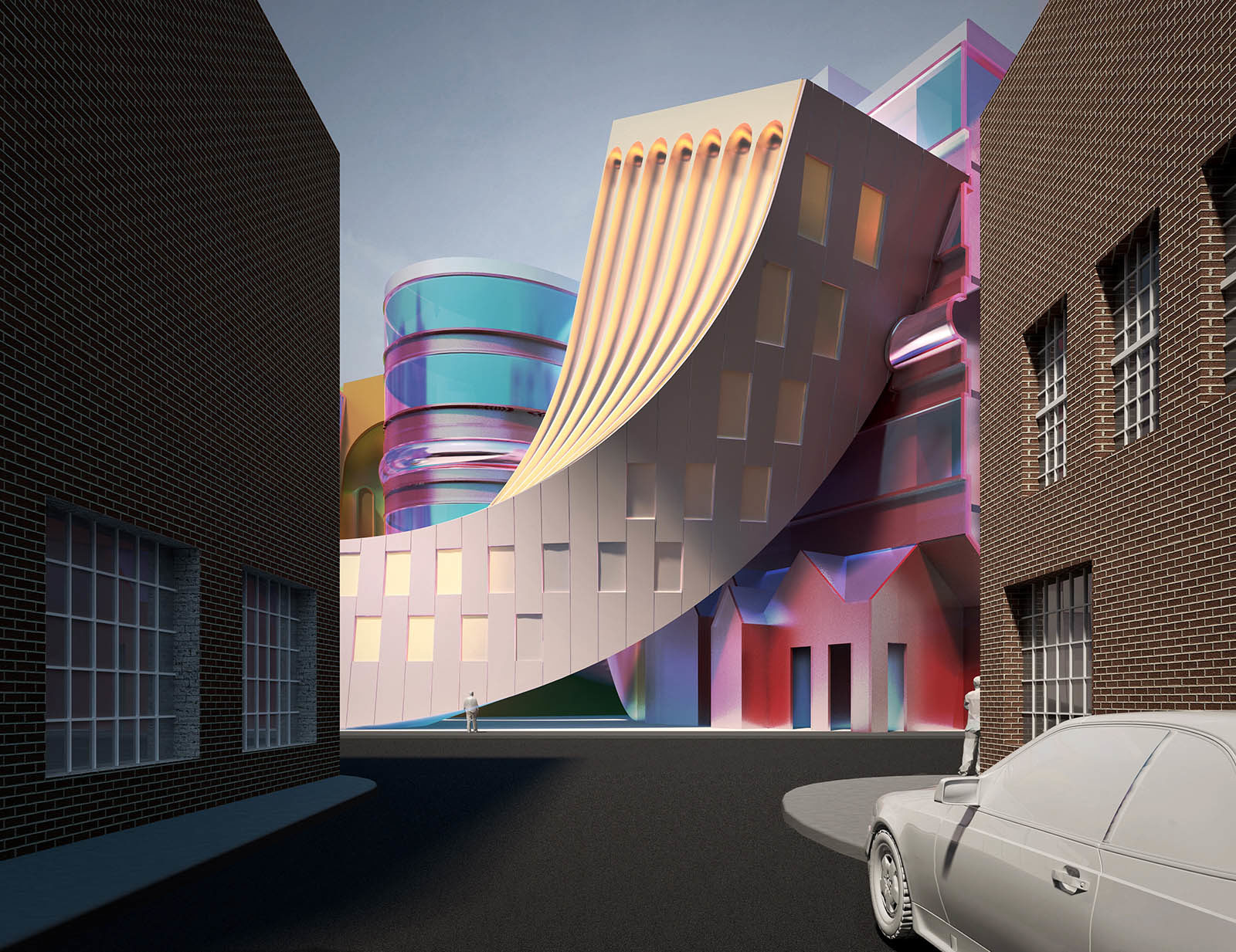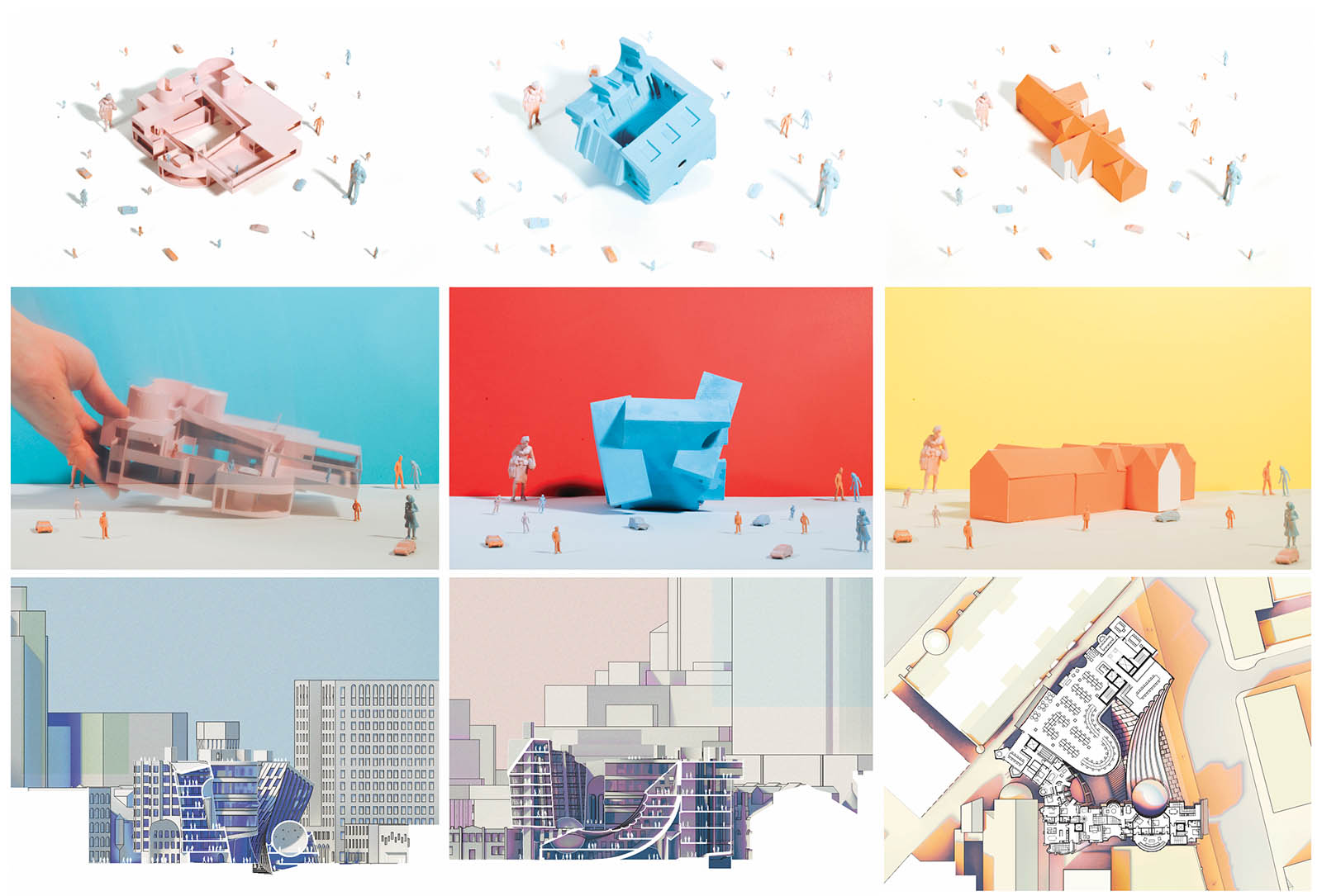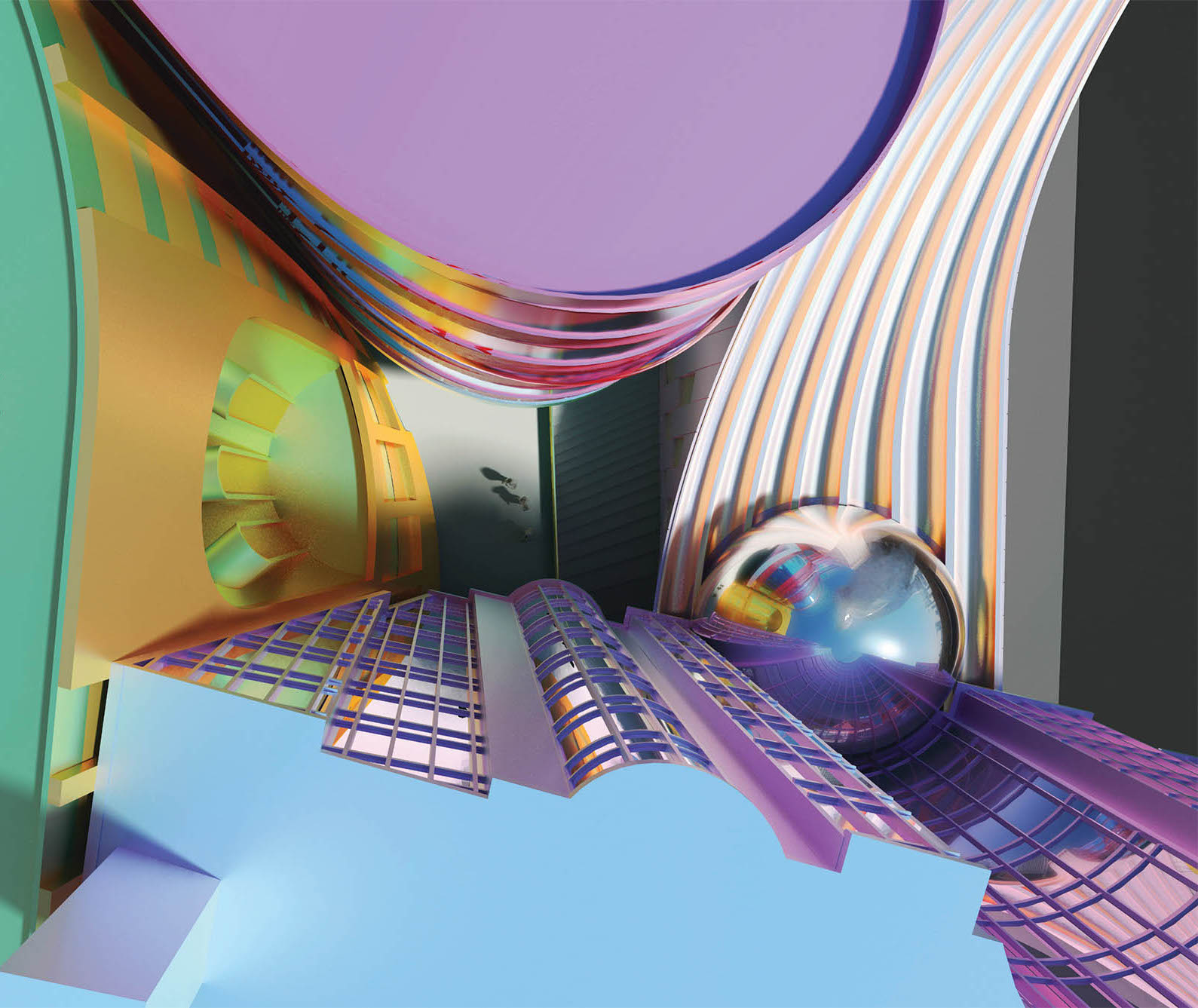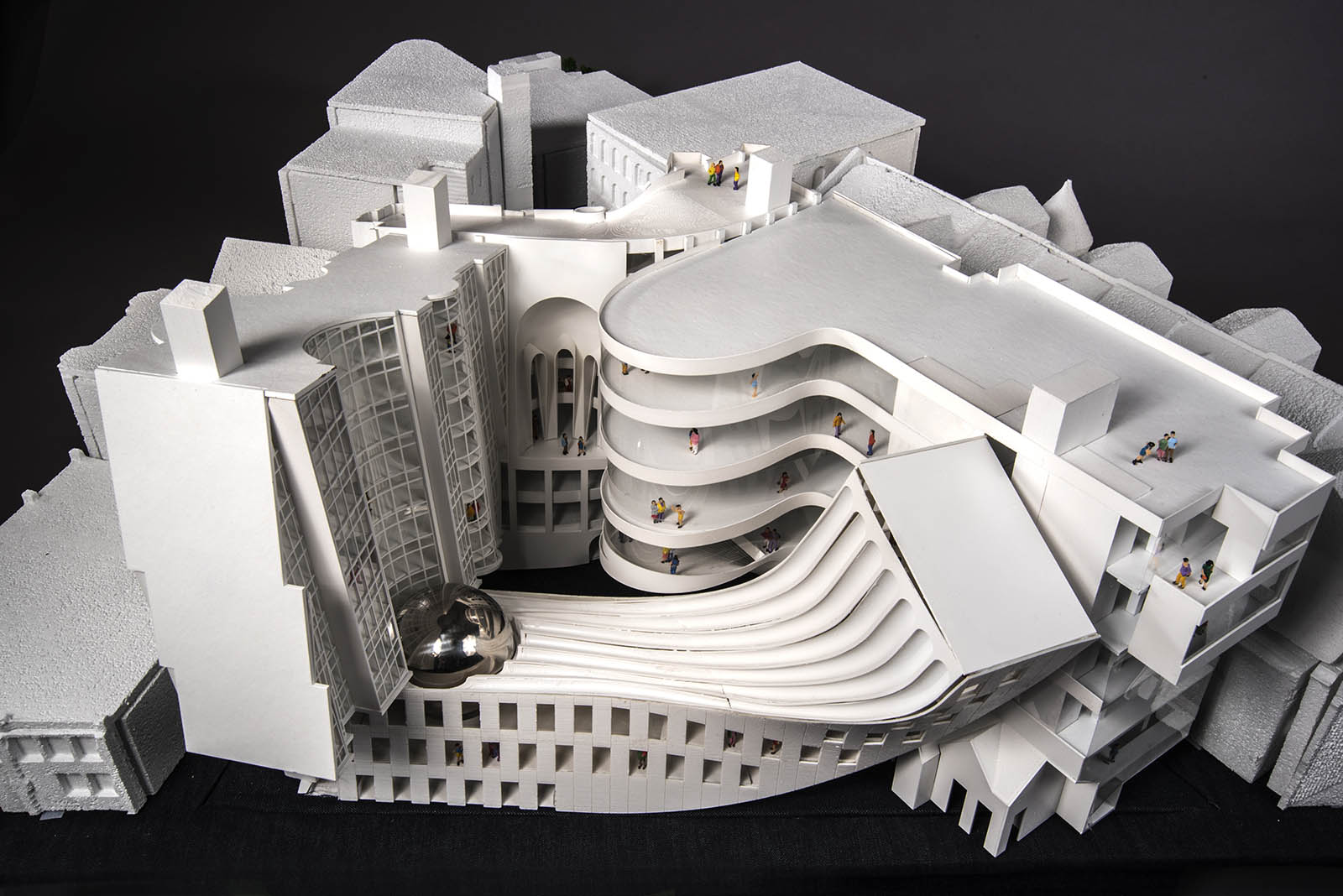tchotch·ke

by Jonathan Rieke (MArch ’17) — Recipient of the James Templeton Kelly Prize
tchotch·ke
/’CHäCHkə/
noun informal
1. a small object that is decorative rather than strictly functional; a trinket.
Architects hang on to a lot of stuff. The architecture office exists somewhere between a dusty archive and an efficient workplace. Models sit on cluttered work-tables, drawings go from the printer to pin-up boards to piles on desks, and myriad sketches fill the remaining open space. This accumulation of the artifacts of production forms a thin crust of physical information that frames the everyday activity of the designer. Apart from the occasional tidying up and reshuffling of the old for the new, the status of this stuff largely goes unquestioned with respect to its impact on the formal practices (in management or design) of any given office. As the residue of past processes, these formerly-operational objects work indirectly on the subjectivity of the designer: conveying an attitude rather than contributing to a working knowledge. In the same way that Aunt Wanda’s tchotchke cabinet engenders a certain atmosphere in her petit-bourgeois sitting room, the amalgamation of architectural Knick-Knacks contributes to a professional mise en scène within the workplace. The specificity of this scenography brackets the formal and conceptual domains of a given practice.
This thesis attempts to theorize and operationalize the role of architectural Tchotchkes. By inserting the Tchotchke into the design process surrounding an otherwise straightforward office building, this thesis functions as a performance of the recursive effects at all scales of design.


